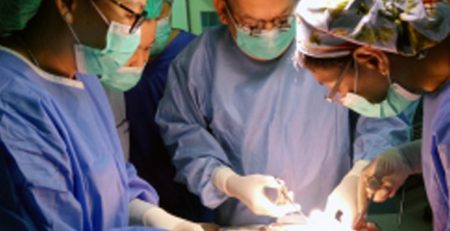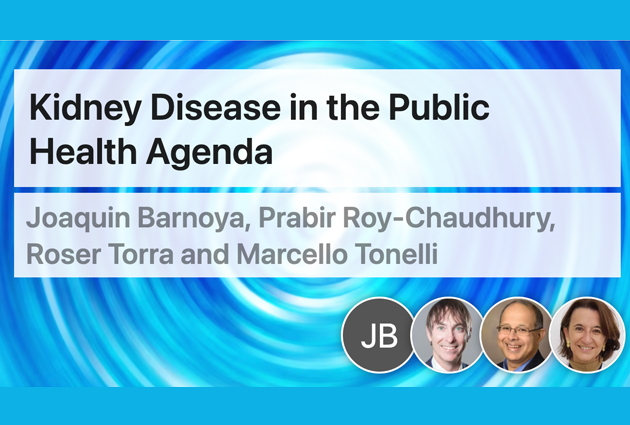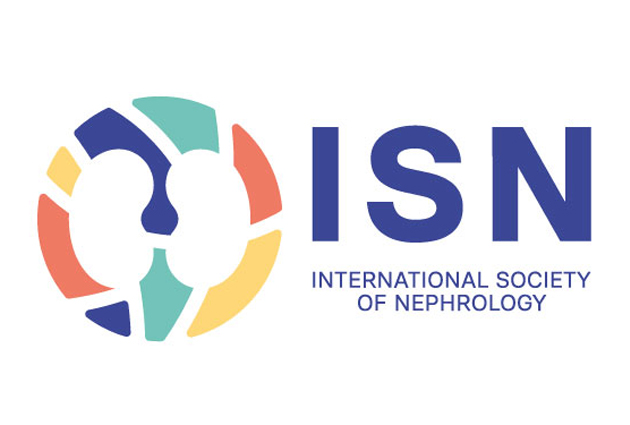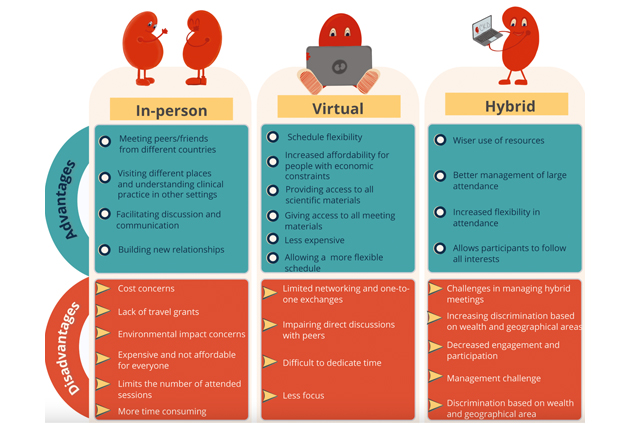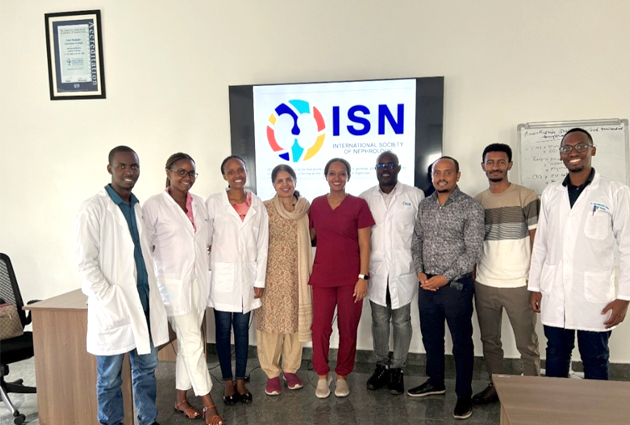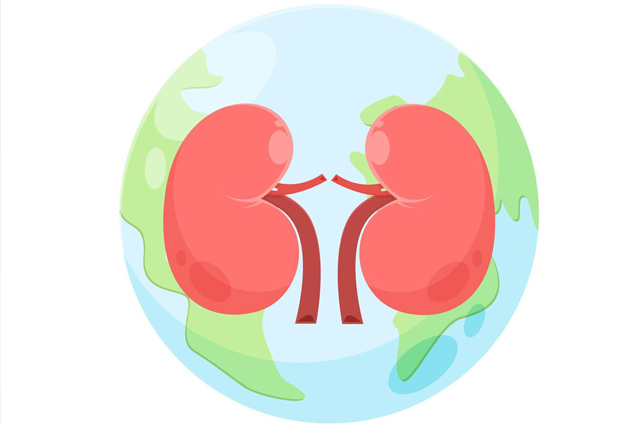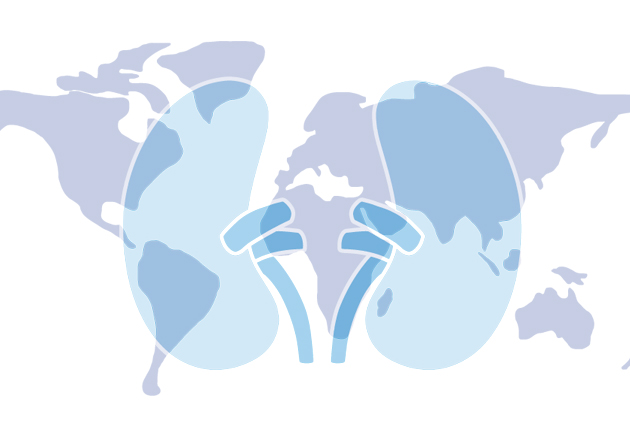SRC and CME programs are improving the state of care in Belarus and Eastern Europe
In September, international speakers from ISN took part in the 11th National Scientific Practical Nephrology Conference on topical questions of nephrology and renal replacement therapy, organized by the Belarus Society of Nephrology.
Speakers joined this meeting thanks to support from the ISN Continuing Medical Education Program and two ISN Sister Renal Centers collaborations with Germany, Ukraine, Belarus and Lithuania.
In Belarus, there is a lack of ambulatory nephrological services to diagnose, prevent and slow down the onset of chronic kidney disease.
The conference’s main objective was to invite outstanding specialists to share their knowledge and experience in nephroprotection and treating chronic kidney disease.
Over two days, nephrologists from Ukraine, Lithuania, Russia and Georgia, who encounter similar issues and problems, gained access to the latest nephrology learnings delivered by international experts and scientists. This will go towards delivering more high-quality healthcare to patients with chronic kidney disease.
The course especially set out to help this group acquire new skills in nephroprotection for patients with secondary nephropathy, share experiences and formulate new medical strategies in kidney transplantation and hemodialysis.
This two-day meeting has now been going for 11 years thanks to ISN support, with the number of participants increasing from 25 in 2006 to over 250 today. This is a measure of the astonishing progress made across Belarus in providing more renal renal replacement therapy to all.
During the event, the Mayor of Minsk recognised this achievement by awarding Aleh Kalachyk as Citizen of the year 2017 at a ceremony at the state opera house.
Paul Harden and Aleh Kalachyk have been involved in ISN Sister Renal Center (SRC) Program activities from the onset. The institution in Belarus has now become a center of excellence in its region after graduating from the SRC Program and helping to train medical staff at centers across the region.




